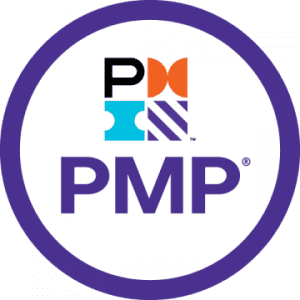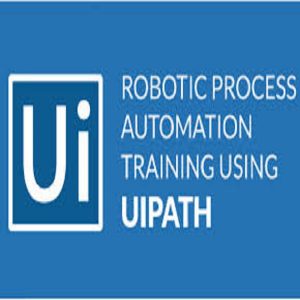Instructor-led Data Science Certification Training live online classes
Date |
Duration |
Timings |
|---|---|---|
| SOLD OUT |
||
| Mar 28th | FRI & SAT (6.5 Weeks) Weekend Batch | ⚡FILLING FAST Timings – 08:30 PM to 11:30 PM (EST) |
Adda For Your Certification Needs
CertAdda’s Data Science using Python programming certification course enables you to learn data science concepts from scratch. This Python Course will also help you master important Python programming concepts such as data operations, file operations, object-oriented programming and various Python libraries such as Pandas, Numpy, Matplotlib which are essential for Data Science. CertAdda’s Python Certification Training course is also a gateway towards your Data Science career.
$599.00 Original price was: $599.00.$539.00Current price is: $539.00.
Date |
Duration |
Timings |
|---|---|---|
| SOLD OUT |
||
| Mar 28th | FRI & SAT (6.5 Weeks) Weekend Batch | ⚡FILLING FAST Timings – 08:30 PM to 11:30 PM (EST) |
Learning Objectives: You will get a brief idea of what Python is and touch on the basics.
Topics:
Hands On:
Learning Objectives: Learn different types of sequence structures, related operations and their usage. Also learn diverse ways of opening, reading, and writing to files.
Topics:
Hands On:
Skills:
Learning Objectives: In this Module, you will learn how to create generic python scripts, how to address errors/exceptions in code and finally how to extract/filter content using regex.
Topics:
Hands On:
Skills:
Learning Objectives: This Module helps you get familiar with basics of statistics, different types of measures and probability distributions, and the supporting libraries in Python that assist in these operations. Also, you will learn in detail about data visualization.
Topics:
Hands On:
Skills:
Learning Objectives: Through this Module, you will understand in detail about Data Manipulation
Topics:
Hands On:
Skills:
Learning Objectives: In this module, you will learn the concept of Machine Learning and its types.
Topics:
Hands On:
Skills:
Learning Objectives: In this module, you will learn Supervised Learning Techniques and their implementation, for example, Decision Trees, Random Forest Classifier etc.
Topics:
Hands On:
Skills:
Learning Objectives: In this module, you will learn about the impact of dimensions within data. You will be taught to perform factor analysis using PCA and compress dimensions. Also, you will be developing LDA model.
Topics:
Hands On:
Skills:
Learning Objectives: In this module, you will learn Supervised Learning Techniques and their implementation, for example, Decision Trees, Random Forest Classifier etc.
Topics:
Hands On:
Skills:
Learning Objectives: In this module, you will learn about Unsupervised Learning and the various types of clustering that can be used to analyze the data.
Topics:
Hands On:
Skills:
Learning Objectives: In this module, you will learn Association rules and their extension towards recommendation engines with Apriori algorithm.
Topics:
Hands On:
Skills:
Learning Objectives: In this module, you will learn about developing a smart learning algorithm such that the learning becomes more and more accurate as time passes by. You will be able to define an optimal solution for an agent based on agent-environment interaction.
Topics:
Hands On:
Skills:
Learning Objectives: In this module, you will learn about Time Series Analysis to forecast dependent variables based on time. You will be taught different models for time series modeling such that you analyze a real time-dependent data for forecasting.
Topics:
Hands On:
Skills:
Learning Objectives: In this module, you will learn about selecting one model over another. Also, you will learn about Boosting and its importance in Machine Learning. You will learn on how to convert weaker algorithms into stronger ones.
Topics:
Hands On:
Skills:






